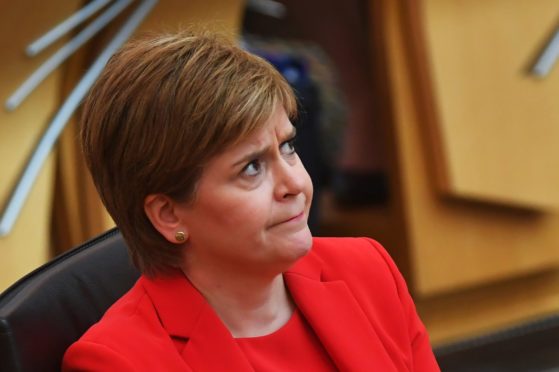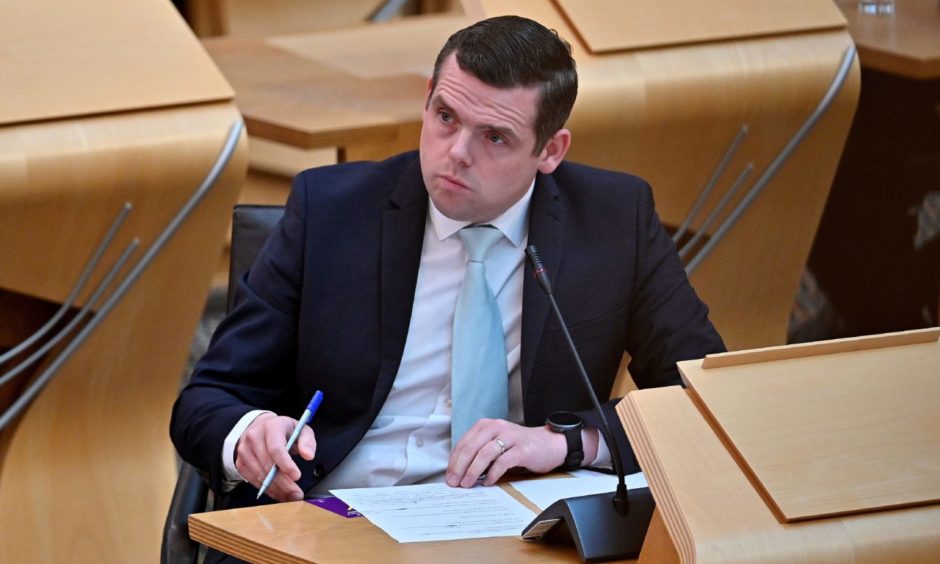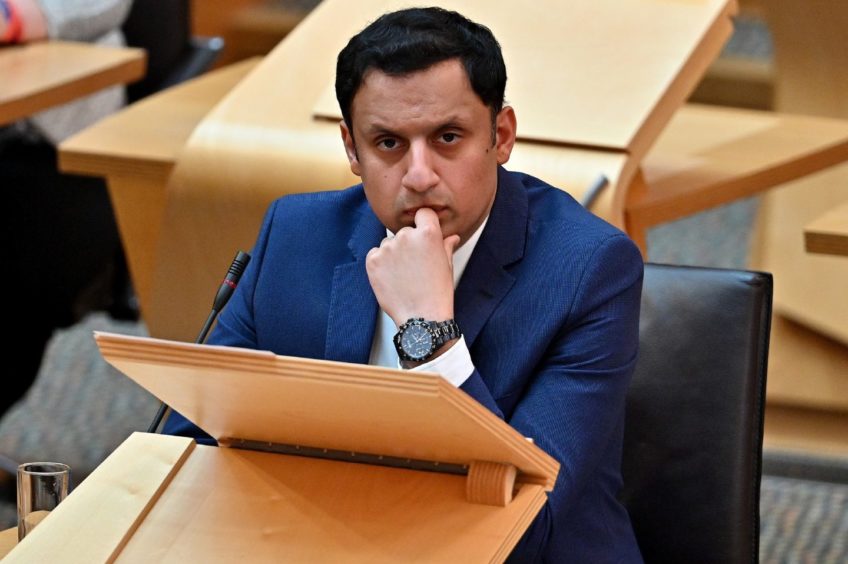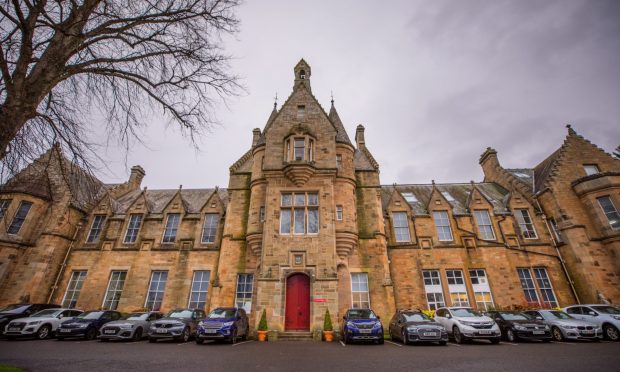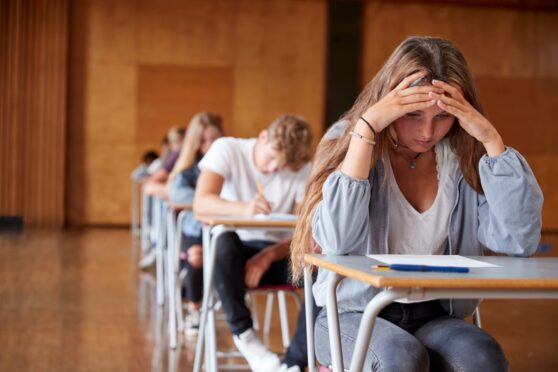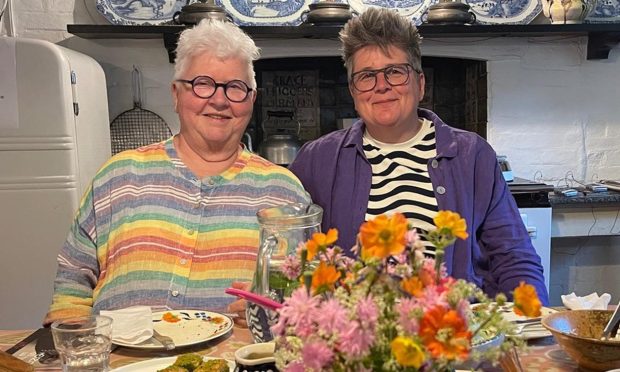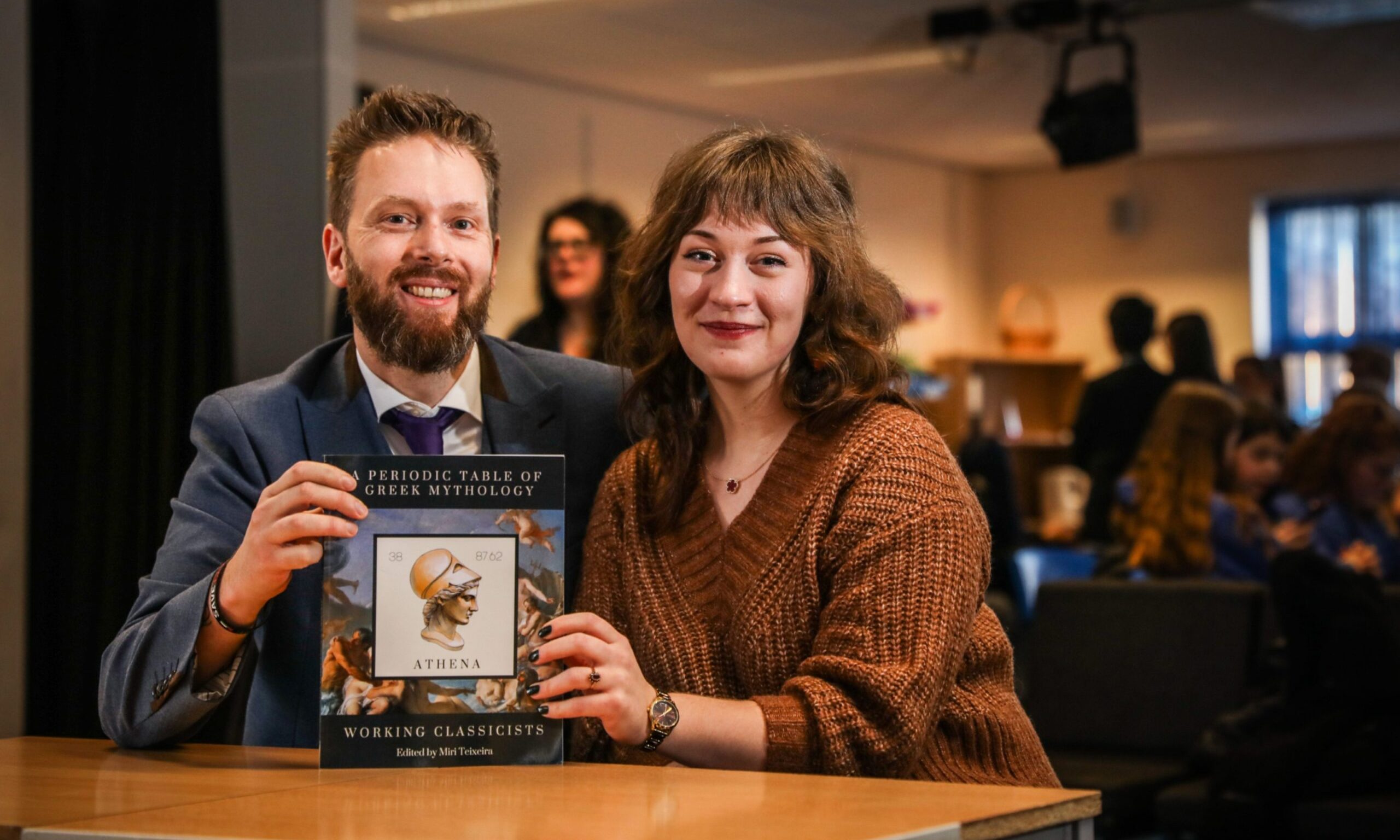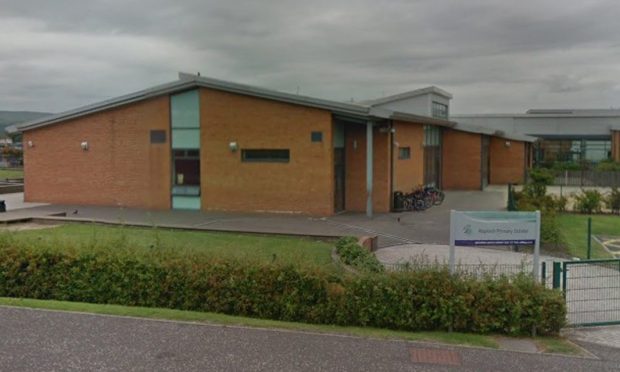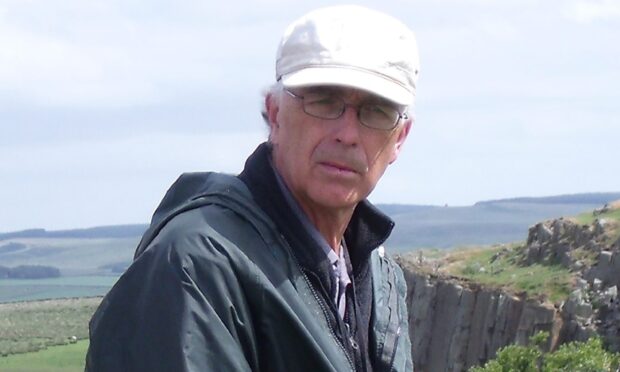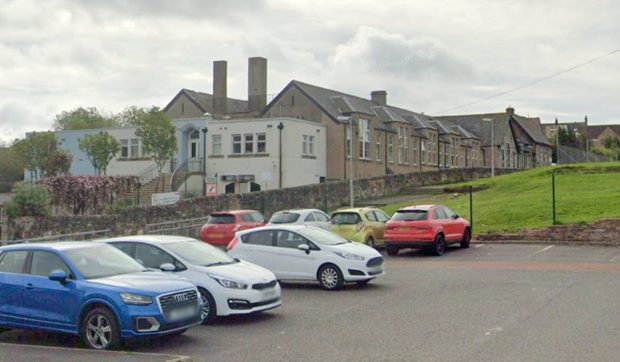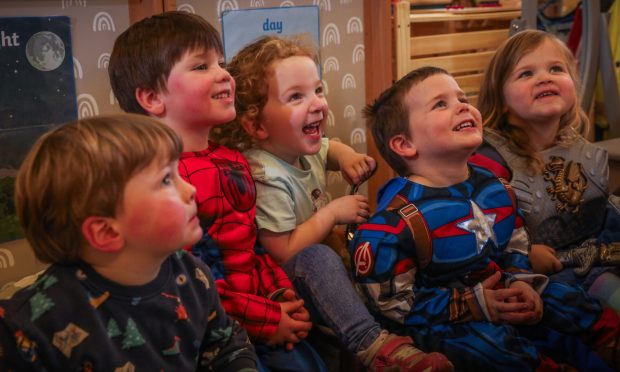Nicola Sturgeon has been challenged to “do the right thing” and guarantee no school pupil appealing their grades this year will see them downgraded.
Pupils were told on Wednesday that they will have the right to appeal their assessment results directly for the first time but face a “perverse gamble” as grades could be moved both up and down if they question their teachers’ marks.
Speaking at first minister’s questions on Thursday, Scottish Conservatives leader Douglas Ross called on Ms Sturgeon to make the pledge to Scotland’s youngsters as she defended the model brought in to replace this year’s exams.
Ms Sturgeon also insisted she still has confidence in the Scottish Qualifications Authority (SQA), despite her education secretary, Shirley-Anne Somerville, announcing an overhaul of the exams body and Education Scotland just hours later.
The first minister noted that out of more than 11,000 appeals in 2019 only two were downgraded, and that the previous year there had only been seven marks revised down out of some 13,000 appeals.
But Mr Ross, appearing via video link while self-isolating in an Edinburgh hotel room after colleague David Duguid tested positive for Covid-19, responded: “No matter how rare she says it is, it will be a risk for young people if they appeal.”
He asked the SNP leader: “Will the first minister do the right thing, concede she’s got this badly wrong and guarantee that no pupils who appeal will be downgraded?”
Ms Sturgeon told him ministers had tried to find the “best possible arrangements” to deal with “a highly imperfect set of circumstances” brought about by coronavirus.
She told MSPs: “This is a highly imperfect situation because we are in the midst of a global pandemic that has made exams impossible, so we have to put in place an alternative.”
But she said the alternative certification model being used this year had been developed by a group that included teachers representatives, pupils and parents.
The fairest way of proceeding
The process replaces the system used last year where an algorithm was initially used to determine grades – before an outcry resulted in a Government U-turn and awards being based on teacher estimates of pupils’ performance.
Ms Sturgeon stressed this year’s model would give “every young person a direct right of appeal, free of charge”.
This system allowing results to be altered either up or down also “ensures the attainment of pupils is central to this process” and is the “fairest way of proceeding”, the SNP leader insisted.
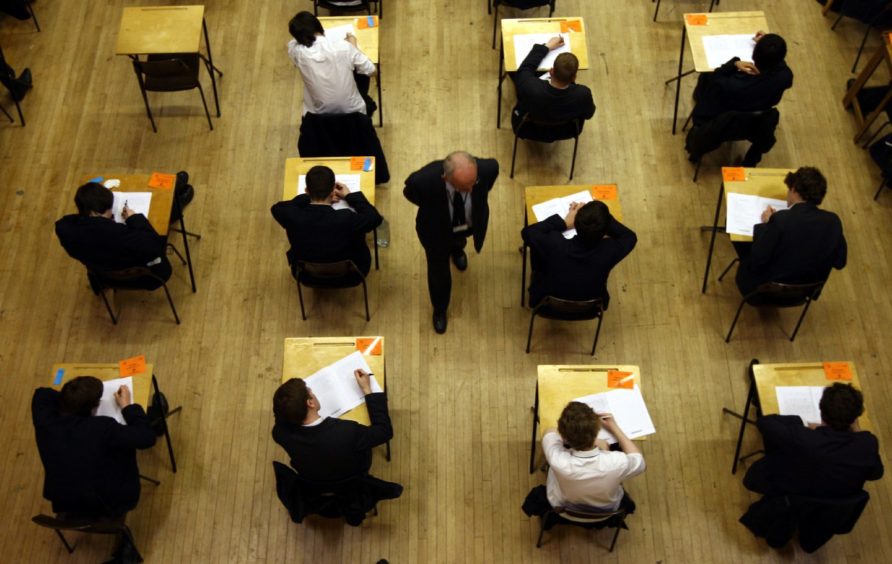
And while concerns have been raised that there is no ground of appeal which takes account of exceptional personal circumstances, Ms Sturgeon said: “The reason for that is we don’t think a young person who has suffered exceptional circumstances should have to rely on an appeal.
“That is why an exceptional circumstances arrangement has been built into the model, so if somebody has, for example a bereavement which means they can’t put forward an assessment by the date in June, they have a window of time until September.”
The same old shambles
But Mr Ross accused Ms Sturgeon and her government of being “in denial” about the situation.
Referring to the appointment of Shirley-Anne Somerville as education secretary, replacing John Swinney, he said: “Swinney is out, Somerville is in, and it is the same old shambles. This SNP Government needs to learn from its mistakes but it is determined instead just to repeat them.”
Meanwhile, Scottish Labour leader Anas Sarwar said there should be a judge-led probe to examine the decisions made by the Scottish Government during the pandemic.
Mr Sarwar set out a range of decisions made by the Scottish Government around mass gatherings, herd immunity, care homes and Covid-19 testing that he said were in “lockstep” or slower than the UK Government.
He said: “The Scottish people deserve more than just rhetoric, they deserve answers.
“They deserve more than being told that the Government cares, they deserve answers because we can’t allow Scottish exceptionalism to stop us from learning critical lessons.”
In response, Ms Sturgeon said the public could judge whether she has an “inability to face up to mistakes” but her focus is on the vaccine rollout because Scotland could be “in the foothills of a third wave of this virus”.
She said: “I think what they’re hearing from me is a candid admission that we would not – like many other governments across the world – have got everything right, and not just a willingness [but] a desire to face up to that and learn from that.
“I could paper the walls with bits of papers and timeline but, actually, my focus right now as first minister is getting the vaccination programme delivered to keep people safe in the future, to make sure that we’re taking the right decisions – criticised by many for being too cautious and too slow – to keep people safe.”
